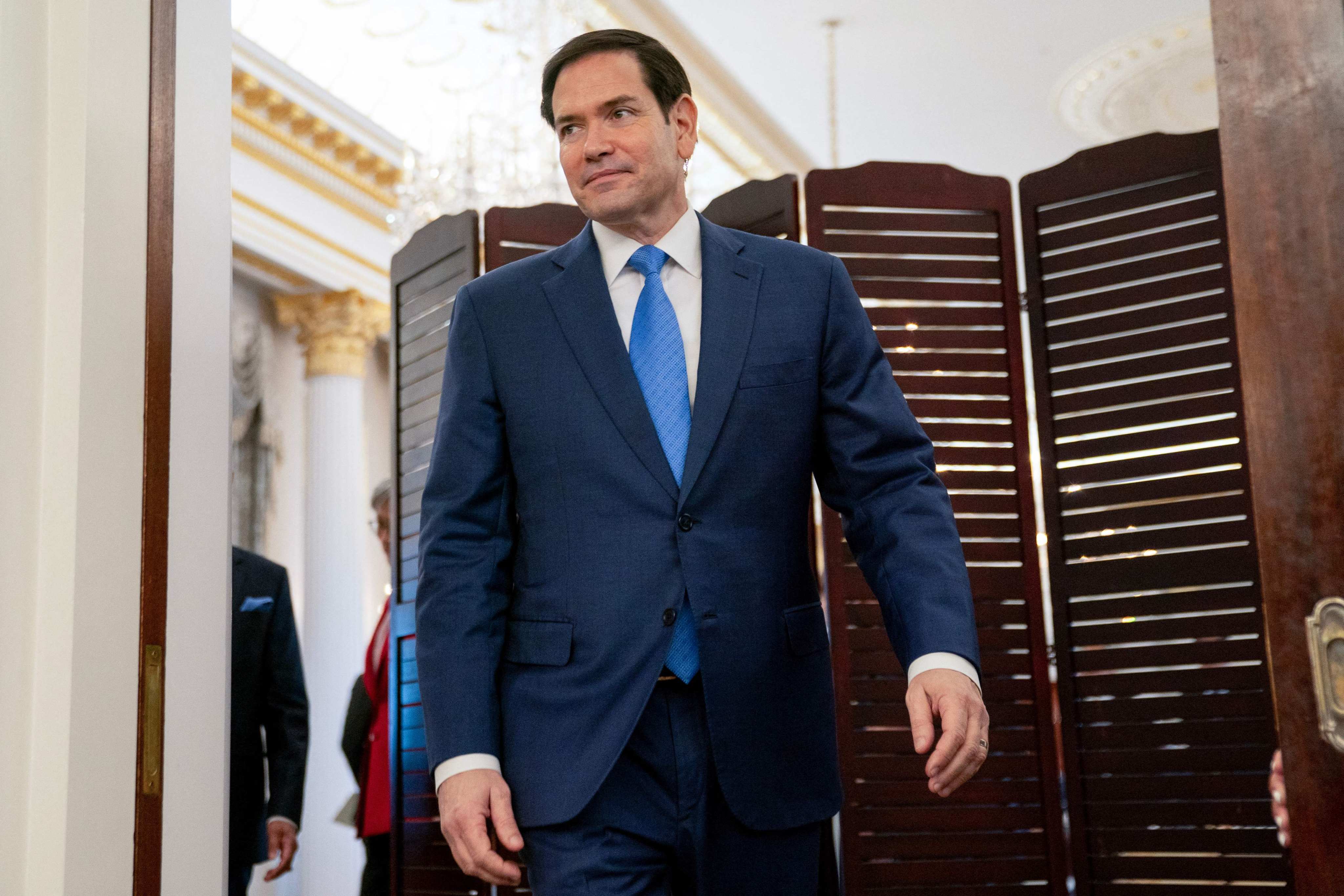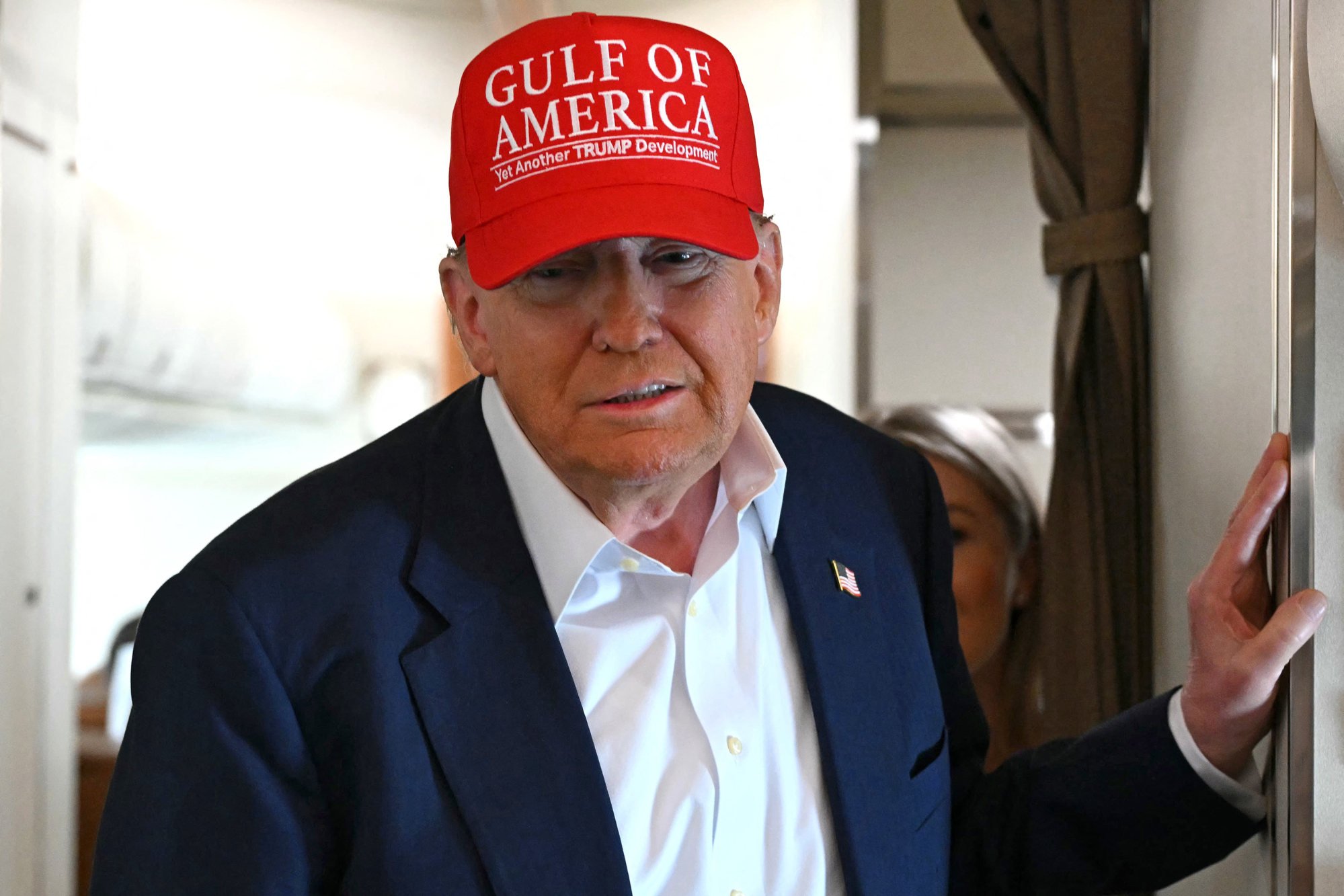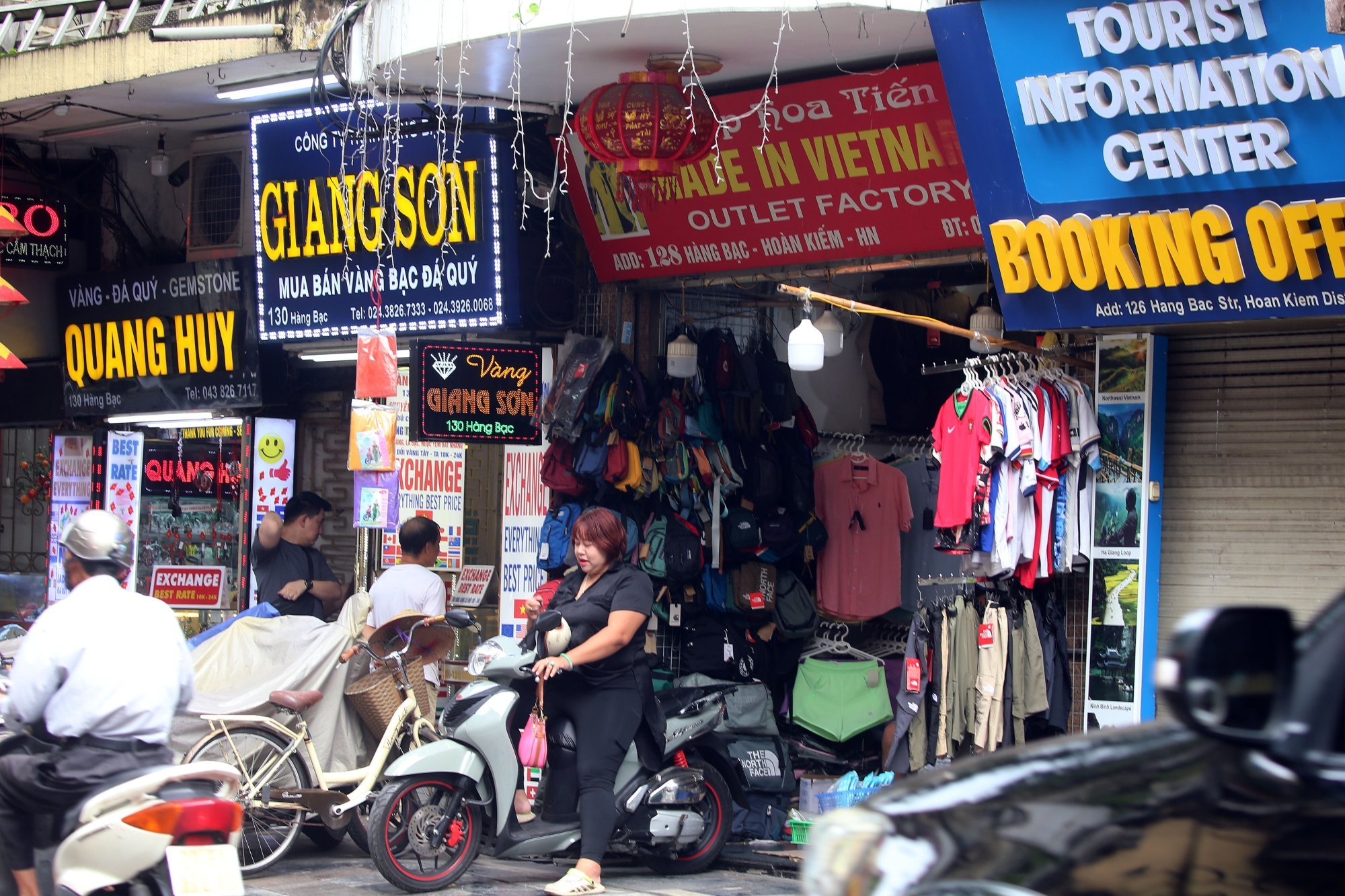Can Rubio’s Asia tour ease region’s anxiety over looming US tariffs?
US secretary of state’s presence may offer symbolic reassurance but little else as deadline nears for trade talks, observers say

US Secretary of State Marco Rubio heads to Asia next week on a high-profile diplomatic tour, but his visit is not expected to ease growing anxiety in Southeast Asia, which is bracing itself for the return of steep US tariffs that threaten to derail growth and test ties with Washington.
Rubio is expected to fly to Kuala Lumpur for meetings on July 10-11 with foreign ministers from the Association of Southeast Asian Nations (Asean) and other Asia-Pacific countries, according to media reports.
He reportedly cancelled plans to head to Japan and South Korea to attend to a visit to Washington by Israeli Prime Minister Benjamin Netanyahu on Monday to discuss an end to the war in Gaza.
The Asia trip will mark the highest-level visit to the region by a US official since President Donald Trump returned to office in January – but expectations remain low for any immediate economic reprieve.

Trump first announced his sweeping “Liberation Day” tariffs on April 2, imposing up to 50 per cent duties on imports from certain countries. A 90-day pause was granted to allow for negotiations, but is set to expire on July 9.
On Tuesday, Trump indicated he was “not thinking about the pause”, raising the prospect that Southeast Asia could soon be hit with steep renewed tariffs.
Observers say Rubio’s presence may offer symbolic reassurance but little else.
“Rubio’s visit may be a commitment signal, but credibility is follow-through,” said Damien Duhamel, managing partner at strategy consultancy Eurogroup Consulting.
“Southeast Asian governments will want to read this visit against broader trends rather than short-term gimmickry. They will be asking themselves: what resources, institutions or exemptions will be tied to the speeches?”
As America’s top diplomat, Rubio is expected to outline the country’s commitment to upholding long-established ties with Southeast Asian nations during a US-Asean meeting on July 10, and with other regional partners in a separate East Asia Summit foreign ministers meeting the following day.
His visit follows that of US Defence Secretary Pete Hegseth, who assured regional leaders in Singapore in May that the Indo-Pacific – the term used by the US to refer to the Asia-Pacific region – remains a priority for the Trump administration.
But those promises are far outweighed by fears of incoming US tariffs, which go as high as 49 per cent for Cambodia and 48 per cent for Laos, among Asean’s poorest members.

Trump on Wednesday announced a 20 per cent tariff on Vietnam, slashing the rate by more than half from the initial level of 46 per cent in a deal that he said would allow tariff-free access for US exports to their 10th-largest trade partner. Transshipments from third countries through Vietnam will incur a 40 per cent levy.
However, there has been no sign of similar deals for other nations in the region, even as Indonesia, Malaysia and Thailand continue to seek separate trade arrangements with Washington.
The US president had said last month that he preferred to make the deadline for tariff negotiations shorter and to just send out letters to all countries to inform them that “you’re paying 25 per cent”.
“The assurances and commitments from Hegseth or Rubio are almost meaningless with the ‘Liberation Day’ tariffs looming in the background,” said Adib Zalkapli, managing director of geopolitical and public affairs firm Viewfinder Global Affairs.
“The tariffs are a major distraction, undermining progress in other areas of their relationship with the United States.”
Rubio’s visit is unlikely to move the needle on tariff talks, which appear to depend entirely on what Trump decides, according to Shazwan Mustafa Kamal, a director at government risk consultancy Vriens & Partners.
The best that some of Asean’s larger economies like Malaysia could hope for would be a “framework agreement of sorts” that was likely to include mutually agreed red lines on trade while giving more time to negotiate other terms such as non-tariff barriers, Shazwan said.
“Countries that have not kick-started trade negotiations with the US may likely expect potential updates on tariff levels via ‘letters’,” he said.
.